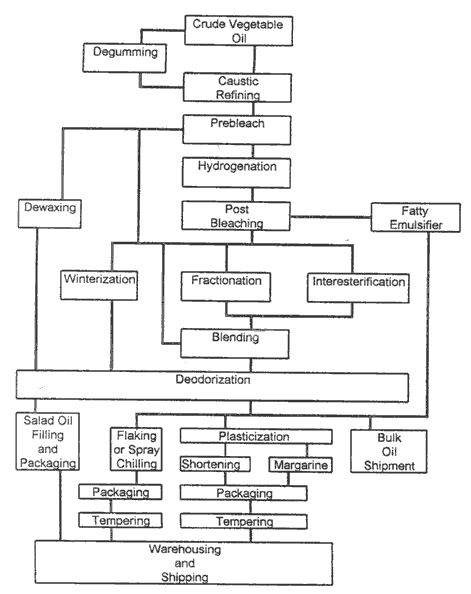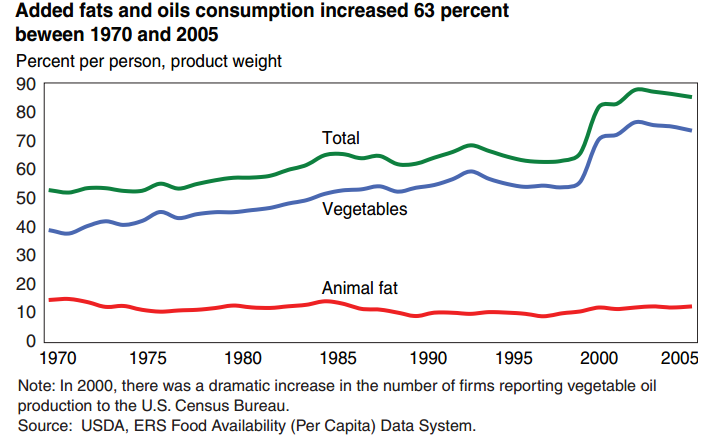Cooking oil industry contributes to inflammation and premature death
(NaturalHealth365) For thousands of years, olive oil was known to be beneficial for health. Muhammad, the ancient prophet of Islam, applied it to his head and advised his followers to use it on their bodies as it was good and life giving. It was also revered as “holy oil” and used in baptism within the Christian church for centuries. Even the Mediterranean Diet is touted as the healthiest diet in the world due to its high consumption of the oil.
Before the 20th century, edible cooking oil – like olive oil – was limited. We just didn’t have the technology to extract a variety of oils, and olives were one of the few that could be easily extracted by the sun naturally. Over time, technology provided equipment to make the extraction process available for certain seeds. In fact, that process has had a major effect on the lives of millions of people around the world – an effect so great that it could be considered homicidal.
Mass marketed as healthy “vegetable” cooking oils, but processed to death
Over the last several decades, food manufacturers (and trade associations representing them) have campaigned heavily to get you to buy their vegetable cooking oils. The irony is that cooking oils never come from vegetables, yet they are labeled as such.
Unlike olive or coconut oils, these so-called “vegetable” oils cannot be naturally extracted. Instead, they are extracted by using extreme chemical and high heat processors from seeds – seeds that are otherwise considered as waste such as cottonseed and soybeans.
Provided by a non-profit, tax-exempt nutrition education foundation (The Weston A. Price Foundation®), the following chart will show you the extraction process for one of the most popular oils used for cooking today – canola oil. Would you truly want to add a cooking oil to your foods that go through this insane amount of processing?

To better see how this process works, please watch the video below:
Even though these oils have been extensively processed, they are still advertised as healthier than olive oil, better than butter, and a necessity for living healthy. Has their “heart healthy” labels impacted you?
Sadly, according to the latest data, cooking oil manufacturers have apparently convinced a great majority of the population.
Added cooking oil consumption increased 63 percent since 1970
According to the latest Dietary Assessment of Major Trends in U.S. Food Consumption by the United States Department of Agriculture (USDA), consumption of added fats and oils increased substantially between 1970 and 2005 (this is the latest data printed by the USDA). While natural fat consumption (from animal and dairy foods) stayed virtually the same throughout the years, refined vegetable oils consumption increased by a whopping 63 percent!

Could the additional intake of vegetable oil have any correlation with reported disease and mortality increases?
The widespread consumption of chemically processed fats trigger deadly outcomes
According to the United States Centers for Disease Control’s statistical findings published in Long-term Trends in Diabetes, diabetes increased by 346 percent from 1970 to 2005. Incidence trends also indicate that cancer more than doubled during that time frame. Obesity rates have also tripled.
Even though oils extracted from seeds look and behave in the same way as natural fats that people have eaten for eons, they are very different chemically. Once these fats are eaten, your body incorporates them into your cell membranes just as natural fats do. The problem is that these processed fats are much more prone to oxidation.
Unfortunately, your body reacts to oxidation the same way that chemical fats do when left out in the open. Because your body is fueled by oxygen, eating these oils sets the stage for your cell membranes to get sick and eventually die.
On another note, most of these seed oils are high in polyunsaturated fatty acids with a much higher ratio of omega-6 to omega-3. According to a very recent study published in PLoS One, omega-6 should never outweigh omega-3. To keep cancer at bay, low ratios of omega-6 to omega-3 include 1:2.5, 1:4, 1:5, and 1:10. Higher omega-6 to omega-3 ratios also present risks for metabolic type illnesses such as diabetes, hypertension, cardiovascular disease, and obesity.
Stay away from these cooking oils
For optimal health, stay away from the following oils: canola, corn, cottonseed, grapeseed, margarine, peanut, rapeseed, soybean, safflower, and sunflower. Also, stay away from any fake butters or those labeled “vegetable” oil. There is absolutely no nutritional need for any of these oils.
Much healthier fat alternatives include natural sources such chia seeds, flaxseeds, walnuts, avocados, olives, and olive oil. For cooking, choose a high grade extra virgin olive oil as it has a higher smoke point. Or, you may want to use organic coconut oil. Better yet, just add the fat after cooking.
About the author: Abby Campbell is a medical, health, and nutrition research writer. She’s dedicated to helping people live a healthy lifestyle in all aspects – physically, mentally, emotionally, and spiritually. Abby practices, writes, and coaches on natural preventive care, nutritional medicine, and complementary and alternative therapy.
References:
https://www.ers.usda.gov/media/210681/eib33_1_.pdf
https://journals.lww.com/epidem/pages/articleviewer.aspx?year=1997&issue=03000&article=00008&type=abstract
https://www.cdc.gov/diabetes/statistics/slides/long_term_trends.pdf
https://onlinelibrary.wiley.com/doi/10.3322/canjclin.20.1.10/pdf
https://www.cancer.org/acs/groups/content/@nho/documents/document/caff2005f4pwsecuredpdf.pdf
https://my.clevelandclinic.org/ccf/media/files/heart/1105390918119HDSStats2005Update.pdf
https://epirev.oxfordjournals.org/content/29/1/6.full
https://www.ncbi.nlm.nih.gov/pmc/articles/PMC4556657
https://www.ncbi.nlm.nih.gov/pubmed/26311808
https://www.ncbi.nlm.nih.gov/pubmed/26343716











